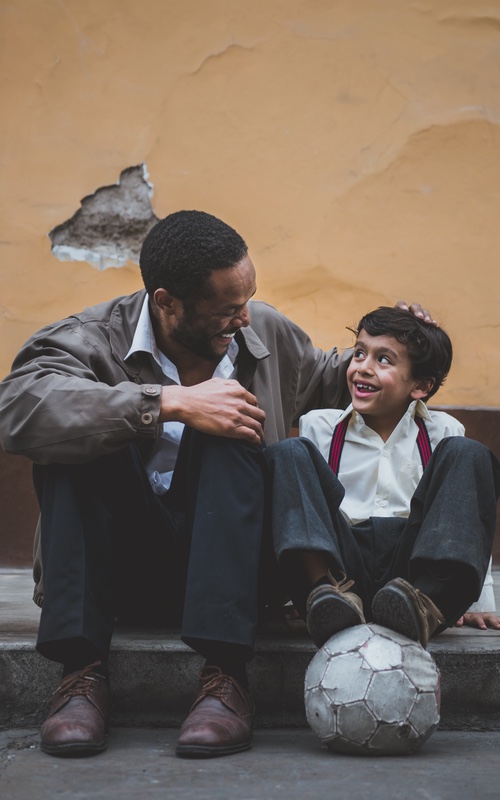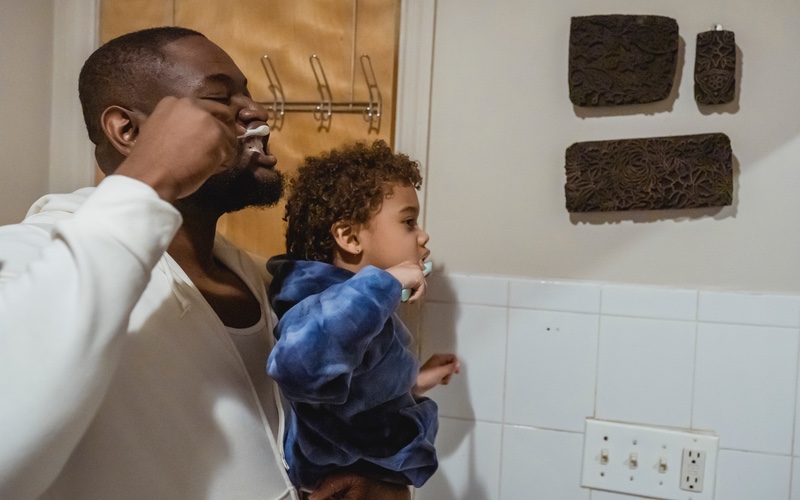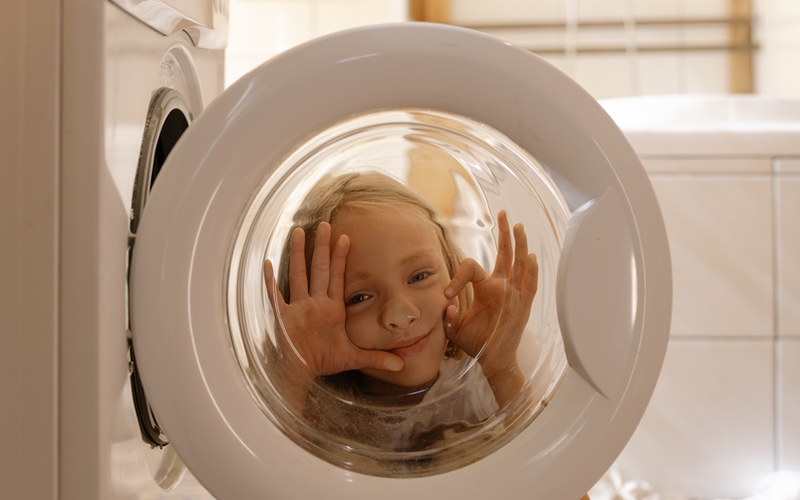Romp n' Roll Blog

Responsibility is an important lesson for children and one that they will continue to learn as they grow. As a parent, you can start teaching responsibility from an early age. Daily lessons and set expectations help teach children the importance of taking responsibility for their actions, choices and decisions.
Frustrations arise when children refuse to clean up after themselves or when they “forget” their homework assignments. These types of behavior are common in children that have yet to learn the value of responsibility. Here are some ways you can instill these values in your children.
Start Early
While we all love to dote on the little ones, the longer responsibility is delayed, the harder it is to learn. There are age-appropriate tasks, from setting the table to washing dishes, for every family member. Consistent chores and tasks help children understand that these duties are a normal part of life.

Show Them How
Instead of expecting your children to know how to complete tasks, you must teach them first. For every task you want your child to perform, first show them how to do it, explaining each step and why the task is important. Then assist your child with the task the first few times. Be patient - it is unlikely your child will make her bed perfectly every single time. Celebrate that your child is learning how to be responsible rather than berating her for doing the chore differently than you would.

Establish Family Roles
Another great way for children to learn responsibility is by establishing family roles. A household runs on teamwork, and every family member has an important role to play! Establishing these roles around dinner time is easy for younger children: Dad cooks the dinner, Mom sets the table, and children remove the plates and wipe down the table after eating. When children learn that their actions benefit those around them, they are more eager to participate.

Instill Self Care
Besides family and community responsibilities, self-responsibility is also an important lesson for children. Autonomy and hygiene can be taught from an early age - teeth brushing, hand-washing, dressing, etc. Provide assistance when necessary, but the more children learn to care for themselves, the more independent they will be.

No Nagging
Once you have set expectations and taught children how to complete tasks, there is no need to nag or warn. Nagging tells children we don’t trust them to follow through on their responsibilities. We must allow children to complete their tasks on their own timeline, and we must not fight when chores go undone. Instead of nagging, the best approach is to have consequences in place when responsibilities go unfulfilled.

Set Consequences
Consequences are a simple and effective way to teach children what it is like in the “real world.” Yelling matches and punishments are ineffective at teaching responsibility. Instead, have consequences set and follow through with them. For example, if Saturday chores go uncompleted, then children may lose their privileges for a playdate or movie time. Additionally, you can set rewards for completed chores, such as an hour of TV time when all tasks for the day are completed.

Obedience vs. Responsibility
Parents must remember that there is a difference between responsibility and obedience. Expecting children to follow every order without questioning refers to obedience. While this may be appropriate in certain situations, obedience does not teach responsibility. Responsible children understand the importance and consequences of their actions and accept tasks as theirs to handle. This type of behavior takes time to develop, so parents must be patient and supportive.